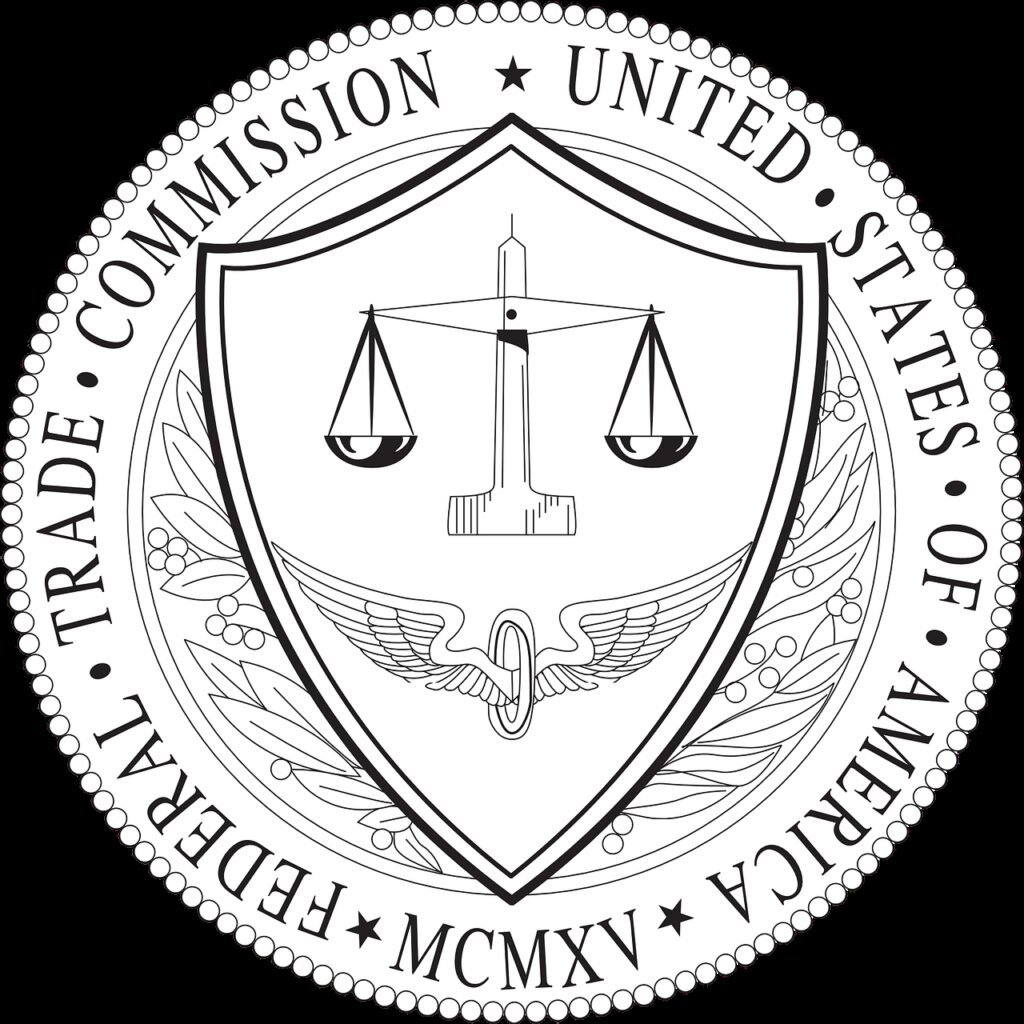
The Federal Trade Commission (FTC) has finalized a new rule aimed at curbing deceptive pricing practices in the live-event ticketing and short-term lodging industries. The Junk Fees Rule, seeks to eliminate bait-and-switch pricing and other tactics that hide total costs from consumers, ensuring more transparent and honest pricing.
The rule, which comes after years of investigation and public input, requires businesses in these sectors to disclose the total price, including all mandatory fees, upfront. This means consumers will no longer face surprise charges such as “resort fees,” “service fees,” or “convenience fees” when booking hotels, vacation rentals, or tickets for events.
The former FTC Chair Lina M. Khan explained that the new rule would save Americans billions of dollars and millions of hours spent trying to track down the full cost of their purchases. “People deserve to know up-front what they’re being asked to pay—without worrying that they’ll later be saddled with mysterious fees that they haven’t budgeted for and can’t avoid,” Khan said. “The FTC’s rule will put an end to junk fees around live event tickets, hotels, and vacation rentals, saving Americans billions of dollars and millions of hours in wasted time.”
The rule aims to level the playing field by making it easier for consumers to compare prices, resulting in savings for individuals and fairer competition for businesses. The FTC’s goal is to ensure that the total price—including fees—is disclosed in a way that is clear, truthful, and easy to understand.
What Does the Junk Fees Rule Require?
The Junk Fees Rule mandates that businesses in the live-event ticketing and short-term lodging industries clearly display the full, total price, including all mandatory fees, in their advertisements, listings, and offers. The price must be presented in a way that is more prominent than any individual breakdown of fees or charges.
Key provisions of the rule include:
- Full Disclosure Upfront: Businesses must show the total price, including all fees, before consumers make any payment decisions.
- Prominent Display of Total Price: The most prominent price in any ad or listing must be the total, all-in price, not a base price with fees tacked on later.
- Clear Itemization of Excluded Fees: If certain fees (e.g., taxes, shipping) are excluded from the initial price, they must be clearly and conspicuously disclosed before the consumer consents to pay.
The rule does not ban any specific fees or prohibit pricing strategies, such as offering optional add-ons, but it ensures that consumers are not misled about what they will ultimately pay.
A Step Toward Transparency
The FTC’s rule follows an extensive public consultation process. In 2022, the Commission sought input on how hidden fees and deceptive pricing tactics were affecting consumers. After receiving over 12,000 comments, the FTC proposed a rule in October 2023 and opened a second round of comments, gathering more than 60,000 additional responses.
The feedback revealed that these hidden fees and complex pricing schemes disproportionately impacted consumers, particularly when booking live-event tickets or short-term lodging. With this rule, the FTC estimates consumers will save up to 53 million hours annually—a time value of over $11 billion in the next decade. This could translate to significant benefits for the travel, hospitality, and entertainment sectors, promoting more honest advertising and clearer pricing.
Broader Implications for Consumers and Businesses
The rule represents a significant win for consumers, who often struggle with “drip pricing” tactics where businesses advertise a low price that gradually inflates as more fees are added. It also sets a strong precedent for addressing similar issues in other industries, beyond just live-event ticketing and short-term lodging. The FTC plans to continue to monitor and enforce pricing fairness across all sectors using its law enforcement powers.
Before Khan left office, she encouraged policymakers at the state and federal levels to build on this progress and pass broader legislation to ban deceptive junk fees across the economy. “We will pursue kickbacks at all levels of the distribution chain to preserve the integrity of federal health care programs,” she said, signaling that the FTC is committed to cracking down on unfair pricing practices across industries.
In a time when consumers increasingly demand transparency, this new rule is a crucial step in promoting fair practices and ensuring that Americans are no longer misled by hidden costs.
What Happens Next?
The Observer reported that President-elect Donald Trump has announced he will replace ‘Lina Khan’ with ‘Andrew Ferguson’, an FTC commissioner currently serving under Khan. While Ferguson has differed with Khan on several policy issues, including her push to ban non-compete clauses, he appears to share her concerns about Big Tech’s market dominance. “We will end Big Tech’s vendetta against competition and free speech,” Ferguson wrote in an X post on December 10, following Trump’s announcement.
Khan, 35, the youngest person ever to lead the U.S. Federal Trade Commission, has been at the forefront of modernizing antitrust enforcement. During her tenure, she spearheaded investigations into major tech companies like ‘Alphabet’ (Google), ‘Amazon’, ‘Microsoft’, and ‘Meta’. Khan has also advanced the view that large investments, such as Microsoft’s $14 billion partnership with OpenAI, can function as a strategy to achieve monopolistic control, similar to traditional mergers and acquisitions. Meanwhile, the fight to protect consumers from deceptive “junk fees” continues.



